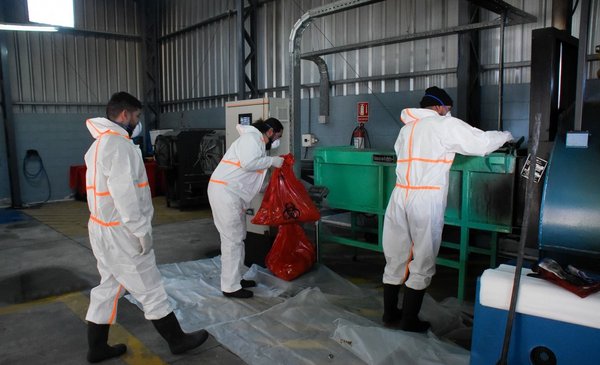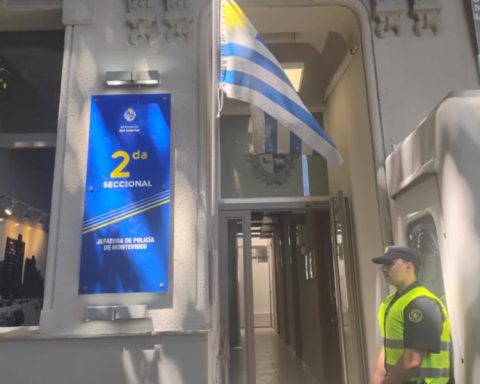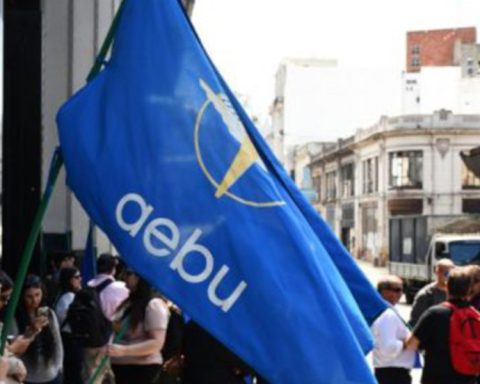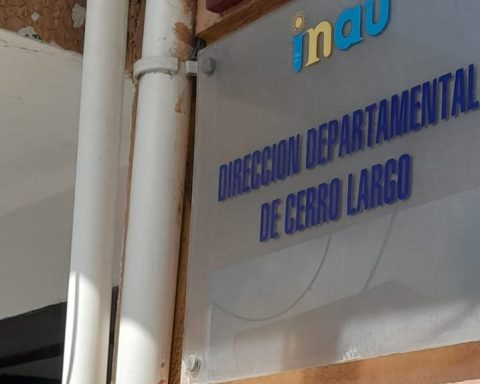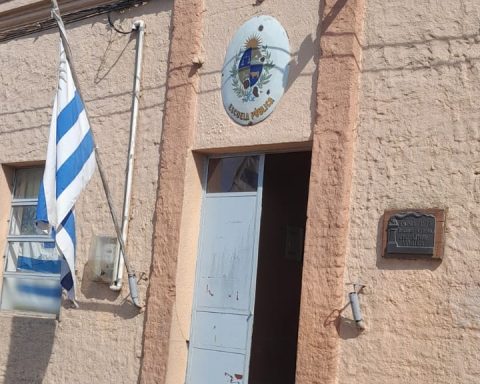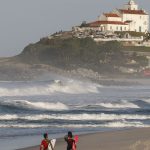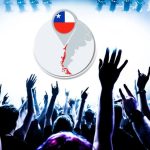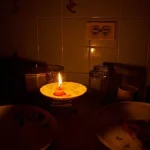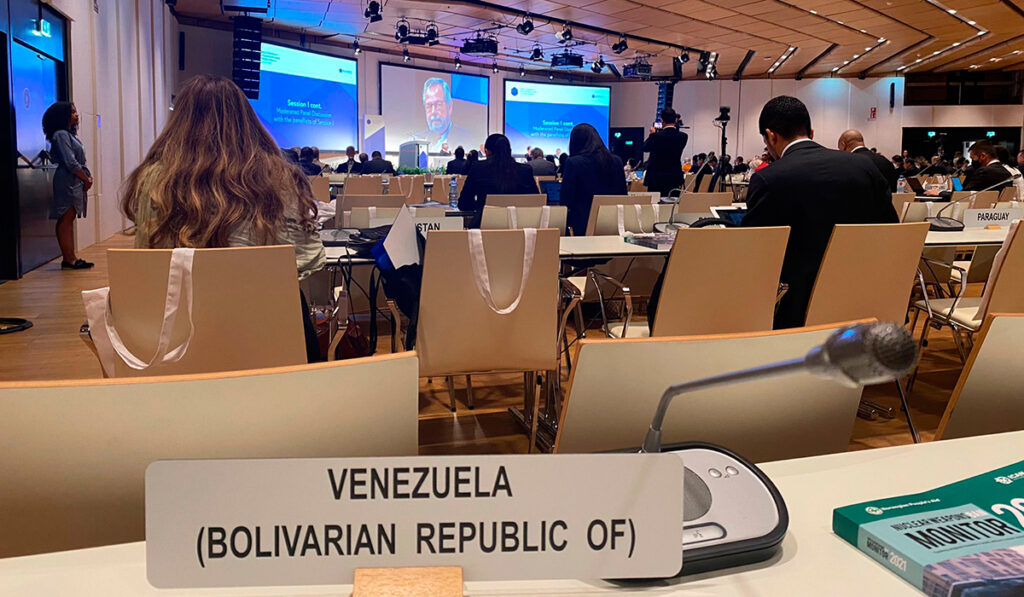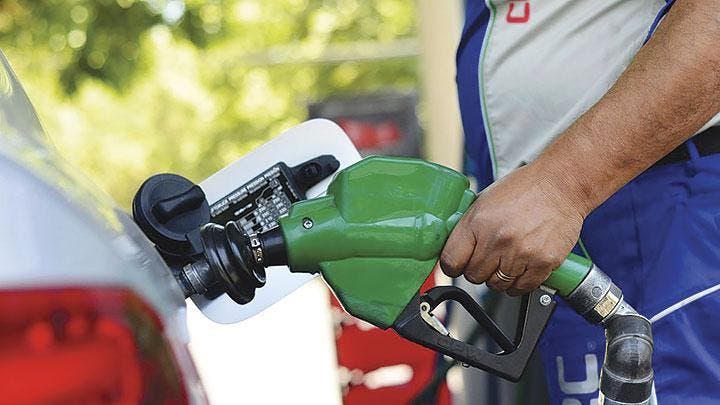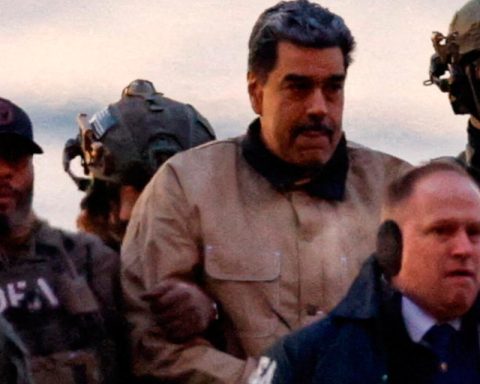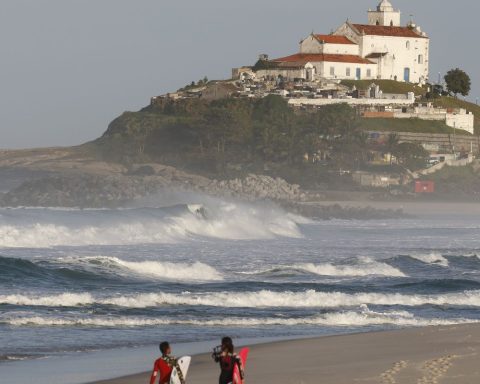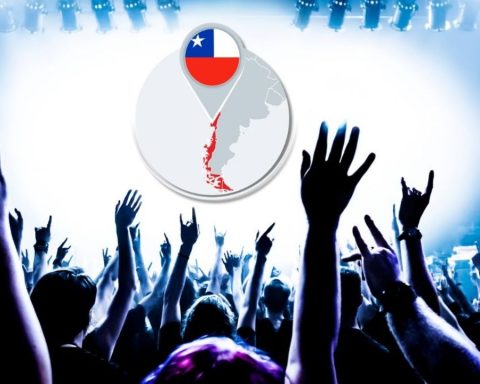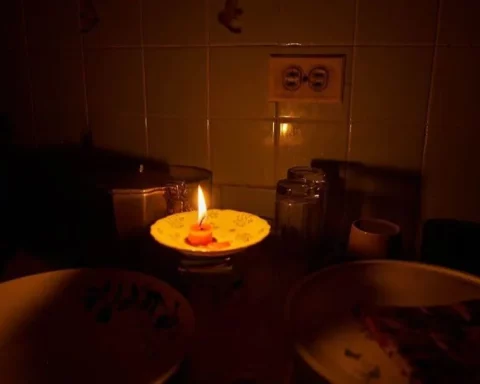Food, plants, seeds, spices, animals, specific veterinary and crafts made with materials of untreated plant or animal origin are some of the elements that are controlled at border crossings —and in many cases seized—, since they can threaten the health status of the country.
The General Directorate of Biosafety and Food Safety (Digebia) of the Ministry of Livestock, Agriculture and Fisheries (MGAP) is in charge of controlling sanitary barriers to guarantee that status.
Camilo dos Santos
The MGAP has a waste management area in Dilave.
All elements of plant or animal origin are controlled by sanitary barriers, since they may contain residues, diseases, bacteria and even insect eggs that pose a health risk for the country.
The items that are seized – not the animals – are destroyed in a pyrolytic ovenalthough in some cases they are analyzed in laboratories and returned to their owners, he informed The Observer Virginia Guardia, director of Digebia. Seizures are incinerated following a waste management protocol in coordination with the National Customs Directorate. The MGAP has one of these ovens in the Division of Veterinary Laboratories (Dilave) and there is also one at the Carrasco Airport and at other border crossings.

Camilo dos Santos
When a seizure is released and not burned, whoever claims it must be responsible for its fumigation.
Seizures that can be returned
In some cases, seizures are returned.
“When the traveler states that what has been seized has a very important value, we contact the competent health authority, which can be Livestock Services or Agricultural Services,” explained the director. In these cases, the elements, for example a handicraft that contains leather or untreated wood, are taken to the Dilave and there a risk assessment is made and it is seen whether entry is allowed or not and if it requires fumigation; in that case, the owner of the seized item is informed of the companies authorized by the MGAP to fumigate that item. It is the individual who must bear the costs of this fumigation so that what is seized is released.
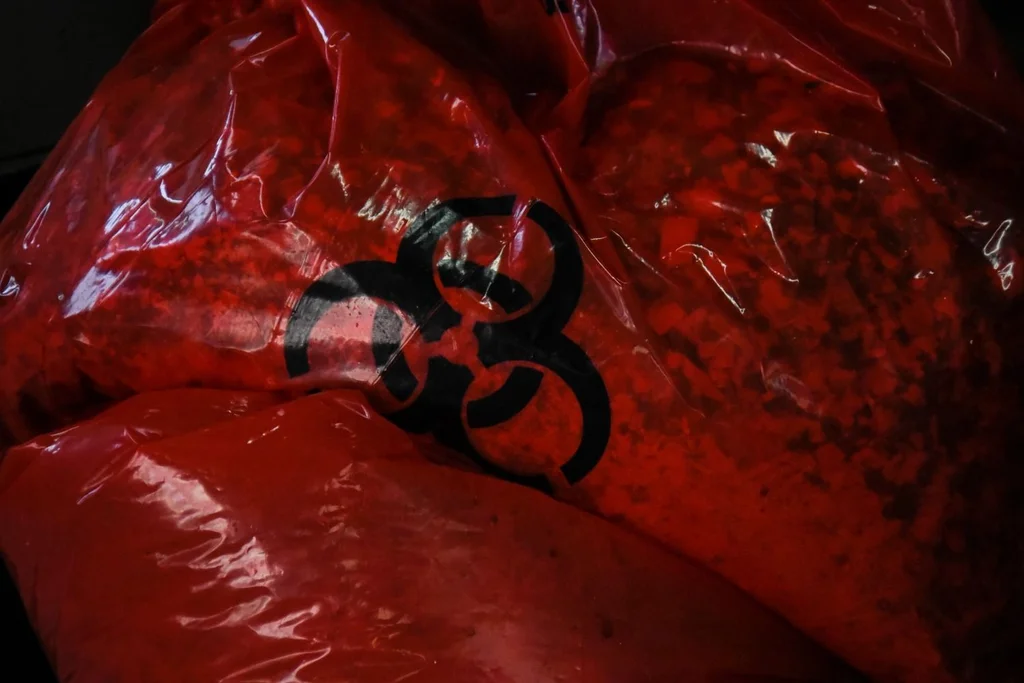
Camilo dos Santos
La Digebia is in charge of working with Sanitary Barriers.
The animals that are seized for illegal passage are destined for animal care organizations. Guardia said that some time ago some small reptiles that someone was trying to enter the country were seized at a border crossing and transferred to the Talice reserve. To allow the entry of pets, they must have a health certificate and the necessary permit.
To take care of health barriers, the MGAP works with a chain vision. The risks that the food may have are analyzed, as well as the specific veterinary risks that may affect the animals or the plantations that are later destined for consumption. That is why, for example, the entry of agrochemicals or products to be applied to livestock is controlled. This is also done to take care of the image of the country as an agro-exporter, because, for example, growth hormones are not used in livestock due to a requirement of international markets, and if that rule were broken, the image of the market could be affected. Uruguayan.
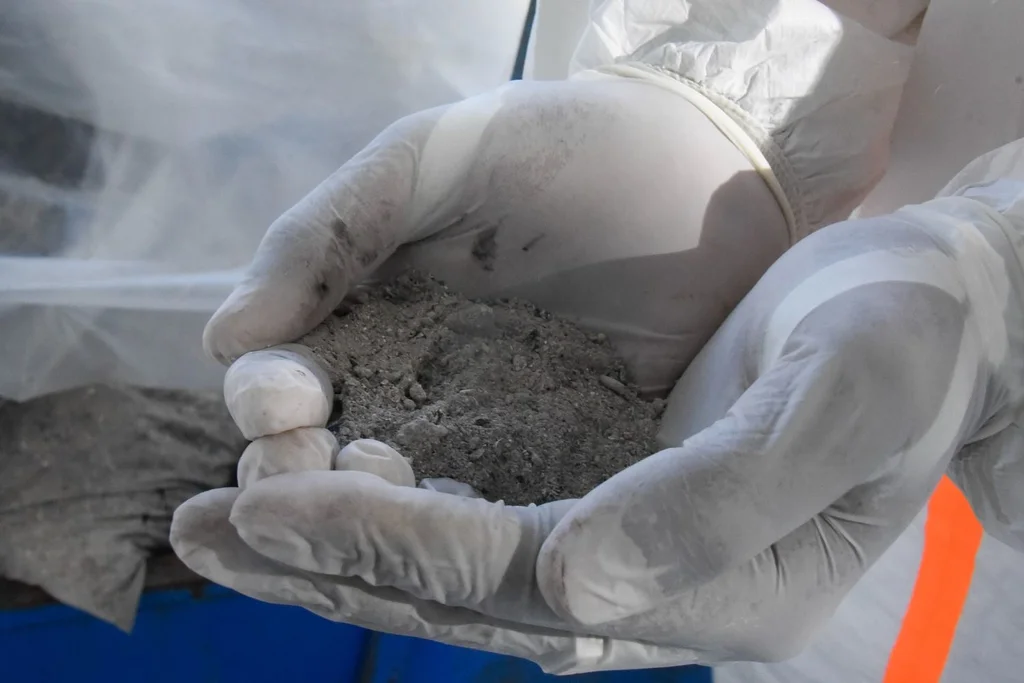
Camilo dos Santos
By destroying the seizures in a pyrolytic oven, the risk of them threatening the health security of the country is reduced.
What can and what can’t
The products that have controlled income are of different types and origins.
The category of animal origin includes all live animals of any species, as well as insects, mites, meat of any kind in any state or container, vacuum-packed products and sausages, cured meats, dairy products and fresh poultry or farm eggs. reptiles, whole or their parts in powder. Animal components such as blood, serum or plasma of any animal species (fresh or powdered), guts and viscera of any species, hides or skins (fresh, dried or salted), hair, antlers or antlers, hooves, dirty wool, mane or bristles, bones, semen of any species, embryos of any species and fresh bird feathers. In addition, the entry of beekeeping products and manufactured products with parts of animal origin (as decoration, for example) is controlled.
The category of plant origin includes dried or dehydrated fruits and vegetables, as well as flowers, buds, roots, leaves, stems, fresh foliage, pollen, bulbs or tubers. Also unroasted or shelled nuts, seeds, raw grains, unprocessed tobacco or retail-packaged vegetable products in packages of more than 500 g (for example, tea or spices).
In addition, the entry of wooden furniture, firewood, unprocessed vegetable textile fibers, sand or earth is controlled.
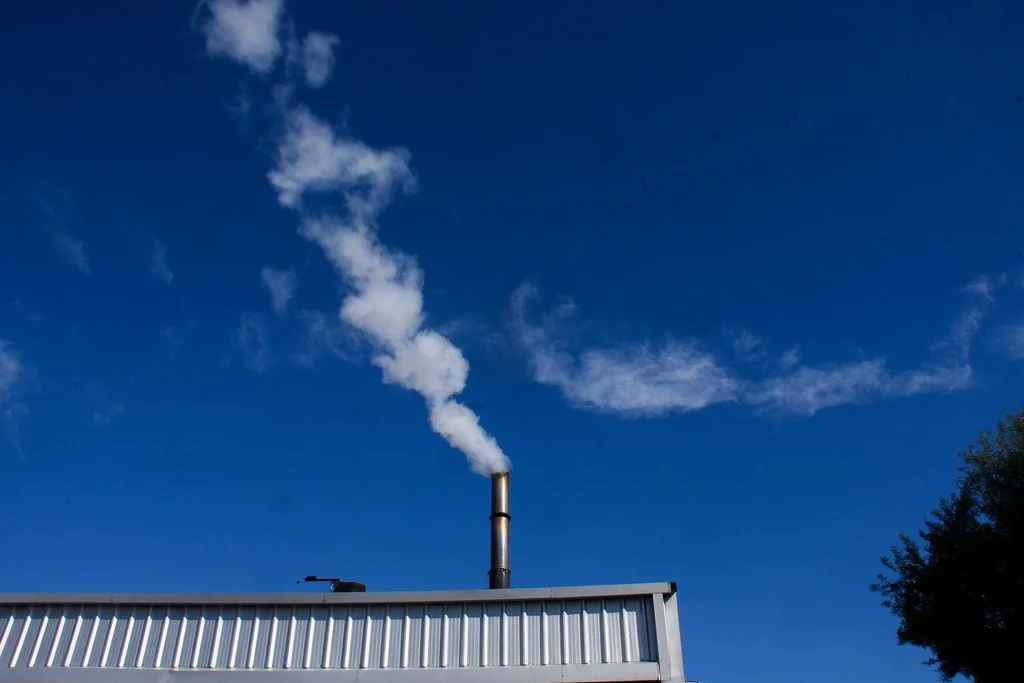
Camilo dos Santos
There are seizures that are burned and others that are not.
The full list can be viewed here.
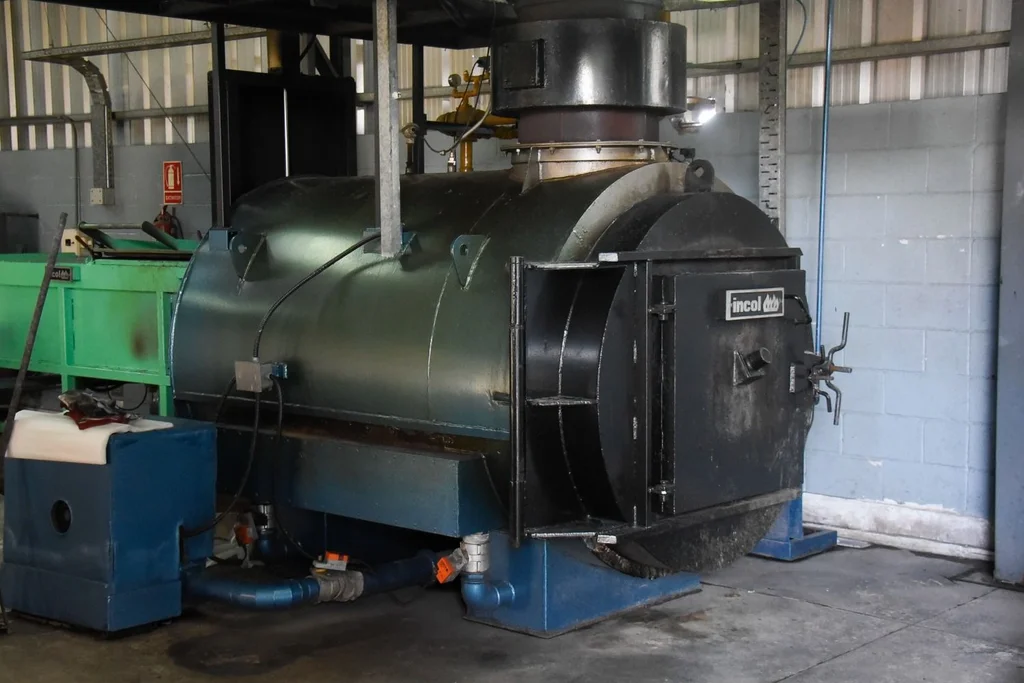
Camilo dos Santos
In DIlave there is a pyrolytic oven, there is also one in Carrasco Airport.
Mobile Barriers
La Digebia has a team called Mobile Barriers, which It is in charge of controlling some land border crossings or surrounding areas through which merchandise from abroad could enter illegally, for example food.
When a vehicle enters with food, for example, fruits or vegetables, and these are seized, they work together with the General Farm Directorate (Digegra), to analyze what is seized, and if it does not pose a health risk, the merchandise is donated. , for example to dining rooms.

Camilo dos Santos
All elements of plant and animal origin that enter the country are controlled.
The management has three areas of work: biosafety, food safety and sanitary barriers. In this last area, the management is in charge of controlling that non-certified products that may pose a risk to the health of people or animals do not enter the country. In this framework, it is prohibited to bring food from abroad without a phytosanitary certificate, veterinary products, also seeds, soil or plants that may be a risk factor.
To take care of biosafety, Digebia works together with other MGAP directorates, such as Livestock Services, Agricultural Services or Farm Services. Within the framework of work on food safety, Digebia is responsible for being aware of the different demands of the markets.
It’s an education issue
Guardia explained that it is important to educate the population on this issue, since Sanitary Barriers is not dedicated to seizing items, but to taking care of health security, he stressed. According to him, there are two challenges, one is for the population to know which elements have controlled entry, and on the other, to know what the risks are for entering elements without security.
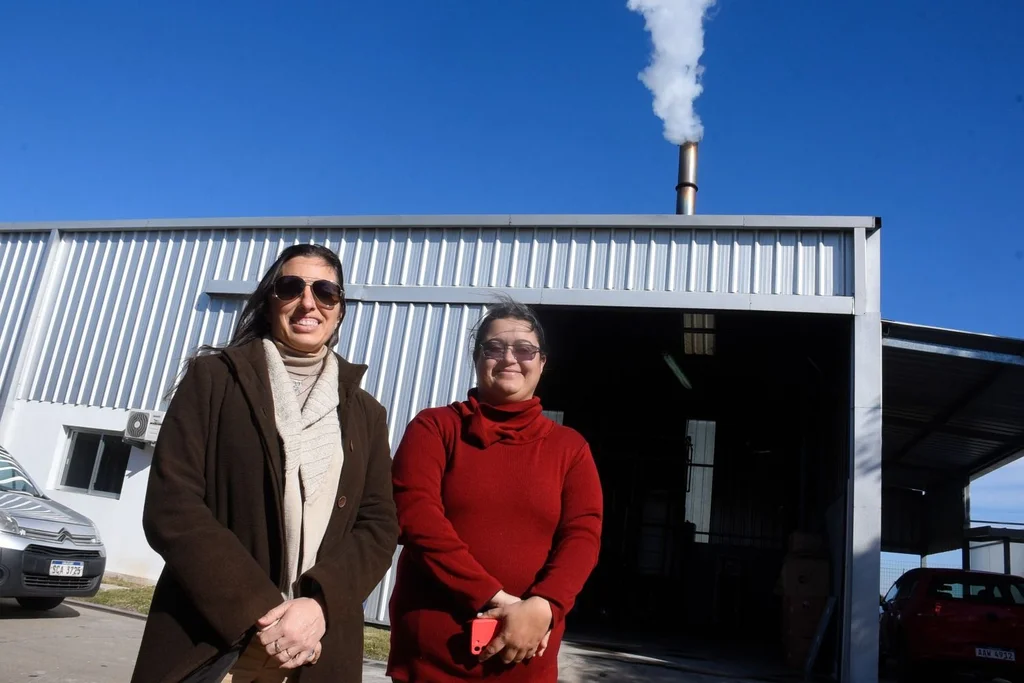
Camilo dos Santos
Virginia Guardia (left) directs the Digebia.
“The controls are made of a different nature and improvable, but they exist. There is a huge challenge, which is for people to become aware of what cannot be brought. I think it is a long-term education that is needed, but it is a way to reduce the risks, ”she indicated.
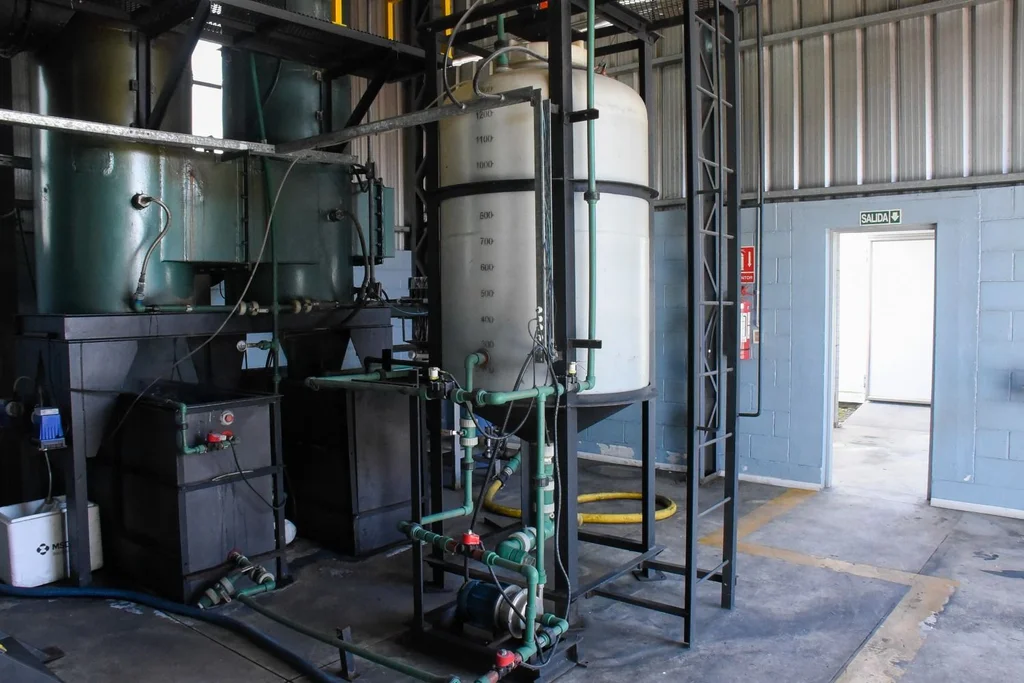
Camilo dos Santos
Digebia also has a “Mobile Barriers” service.
